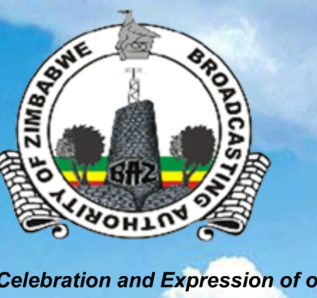A prospective private broadcaster, Carryslot Investment (Private) Ltd, yesterday filed an Administrative Court challenge against the Broadcasting Authority of Zimbabwe (BAZ)’s decision to issue broadcasting licences to State-linked companies only.
Carryslot was among several private companies which were denied radio and television licences in October 2013.
The prospective broadcaster accused BAZ of being biased, tribalistic and seeking to entrench State monopoly in the broadcasting sector.
Through its lawyer, Advocate Thabani Mpofu, Carryslot said the criteria used by BAZ in awarding broadcasting licences to Fairtalk Communications (Private) Ltd and Kingstons (Private) Ltd were likely to starve Zimbabweans of balanced news because of their alleged links to the State.
The company wants the licences nullified to allow for a fresh adjudication process.
Presiding judge Justice Herbert Mandeya reserved his decision over the matter.
“Almost all the broadcasting services in Zimbabwe, except one, are either controlled or linked to the State. How do we expect the government to be called to order if such a scenario is obtaining in the country?” Mpofu queried.
“The effect of BAZ’s decision is anti-competition. For example, if one radio station calls for a one-million-man march, nobody says ‘no’ simply because there is no competition in the editorial content. Besides, the awarding of the same licences is tribalistic. We have radio stations that are predominantly Shona; Ndebele speakers can’t tune to their stations of choice, broadcasting in Zimbabwe is completely insular and undemocratic.“
He added: “The respondent (BAZ) erred in awarding licences to applicants on partisan lines and such award being made on the basis of political persuasions of the successful entities. The respondent erred at any rate in making an award which is anti-competition in that it strengthens the hands of competitors who already have other stations and gives them undue advantage over appellant who has not yet established a radio station.”
According to evidence presented in court, Fairtalk Communications is sponsored by the Zimbabwe Defence Forces, while Kingstons is predominantly owned by the Information ministry.
But, Kingstons, Fairtalk and BAZ, through their lawyers Musoni Masasire, Blessing Bhala and Vasco Mkwachari respectively, urged the court to dismiss Carryslot’s appeal, saying the latter should have approached the court on review as opposed to an appeal.









